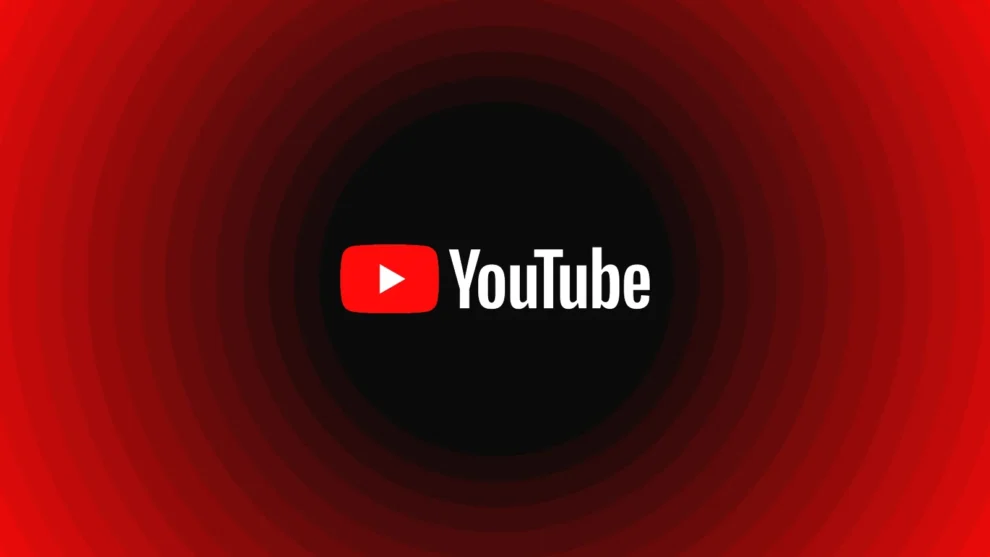In recent months, the dynamic between YouTube viewers and advertising has intensified, marked by Google’s strategic shift concerning browser extensions, specifically ad blockers. This change, primarily through the transition from Manifest V2 to Manifest V3, has sparked a wide-ranging debate on user autonomy, browser security, and the monetization models of free services.
Understanding the Shift: Google’s Policy Change
In June 2023, Google began implementing Manifest V3 across Chrome extensions, aiming to enhance performance and security. This update restricts extension capabilities over network requests and mandates that all extension functionalities be bundled within the extension itself, rather than being hosted remotely. While these modifications promise improved browser performance and security, they impose significant limitations on ad blockers. Popular ad-blocking extensions like uBlock Origin have had to adapt by launching lighter versions that comply with these new constraints but might require additional user settings for optimal performance.
The Impact on YouTube: Crackdown on Ad Blockers
YouTube has concurrently taken a more assertive approach against ad blockers. The platform has been experimenting with various strategies to bypass ad blockers entirely, sometimes even disabling video playback for users detected using these tools. This approach is a part of a broader initiative to ensure ad visibility, which directly supports the creators and the platform itself.
User Reactions and Alternatives
The response from the user community has been mixed. Some users express frustration over the increasing aggressiveness of ads and the challenges in blocking them, leading to a hunt for alternative platforms or modified clients that offer ad-free experiences, albeit with their own set of risks and limitations. Others have resigned themselves to adjusting their ad-blocking strategies or even subscribing to premium services to avoid ads.
Technical and Legal Backdrop
From a technical standpoint, adjusting to Manifest V3 involves selecting specific filter lists and frequently updating them to keep up with the evolving ad delivery methods on platforms like YouTube. Legally, the use of ad blockers remains protected, but the ethical and financial implications of circumventing ads that support free content continue to fuel the debate.
Moving Forward: The Balance of Power
As the tug-of-war between user preferences for ad-free browsing and Google’s policies to safeguard its advertising revenue continues, the landscape of online advertising is set to evolve further. Users are increasingly seeking more control over their browsing experience, prompting developers and tech companies to innovate in ways that balance user experience with financial sustainability.
Google’s pivot in policy regarding browser extensions and YouTube’s intensified measures against ad blockers highlight a critical junction in the discourse on digital advertising and user rights. This situation reflects broader issues of privacy, choice, and the economics of the internet, underscoring the complex interdependencies between technology providers, content creators, and end-users.








